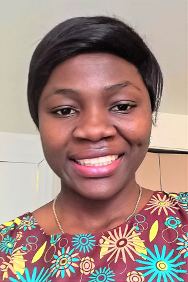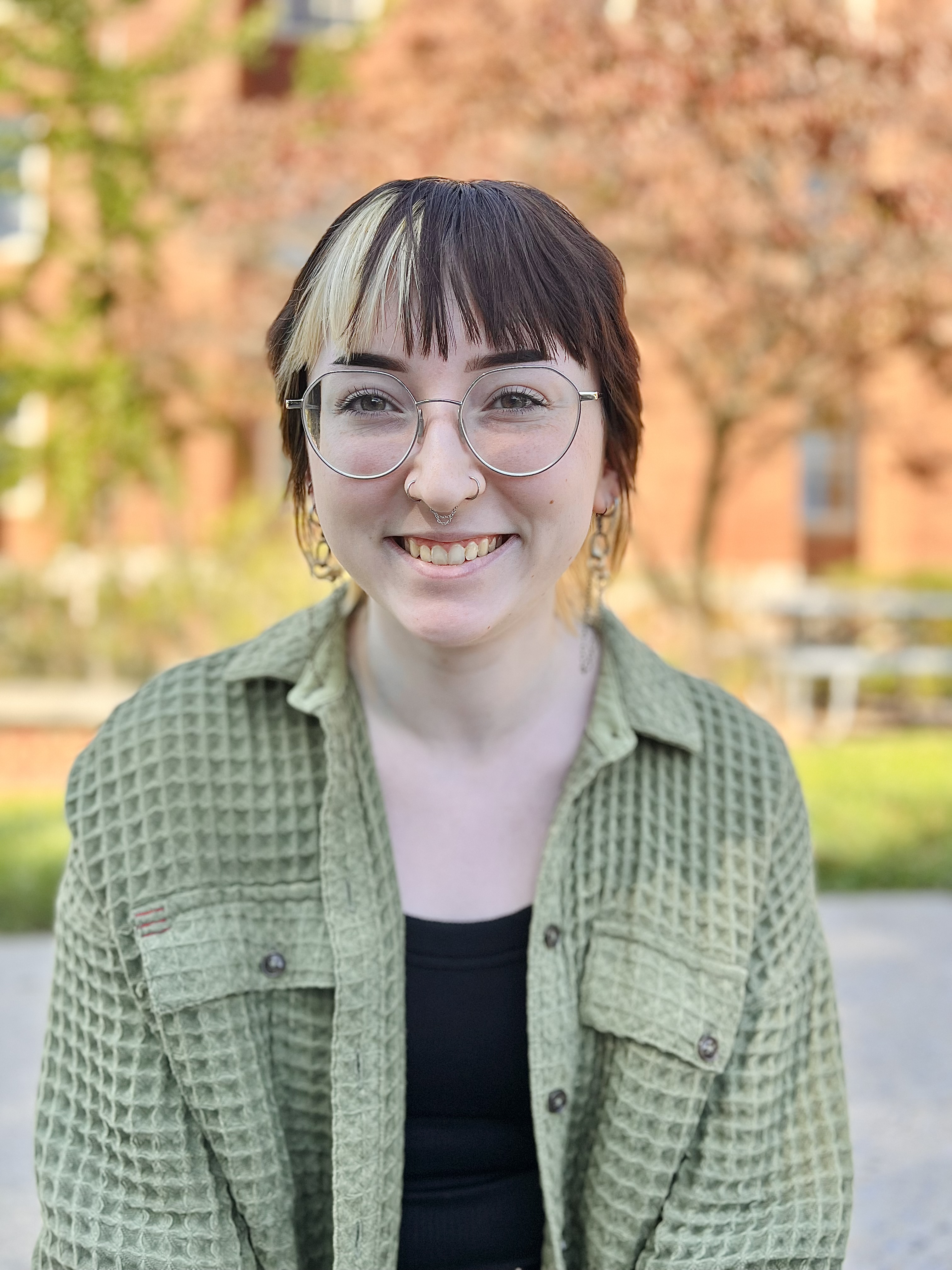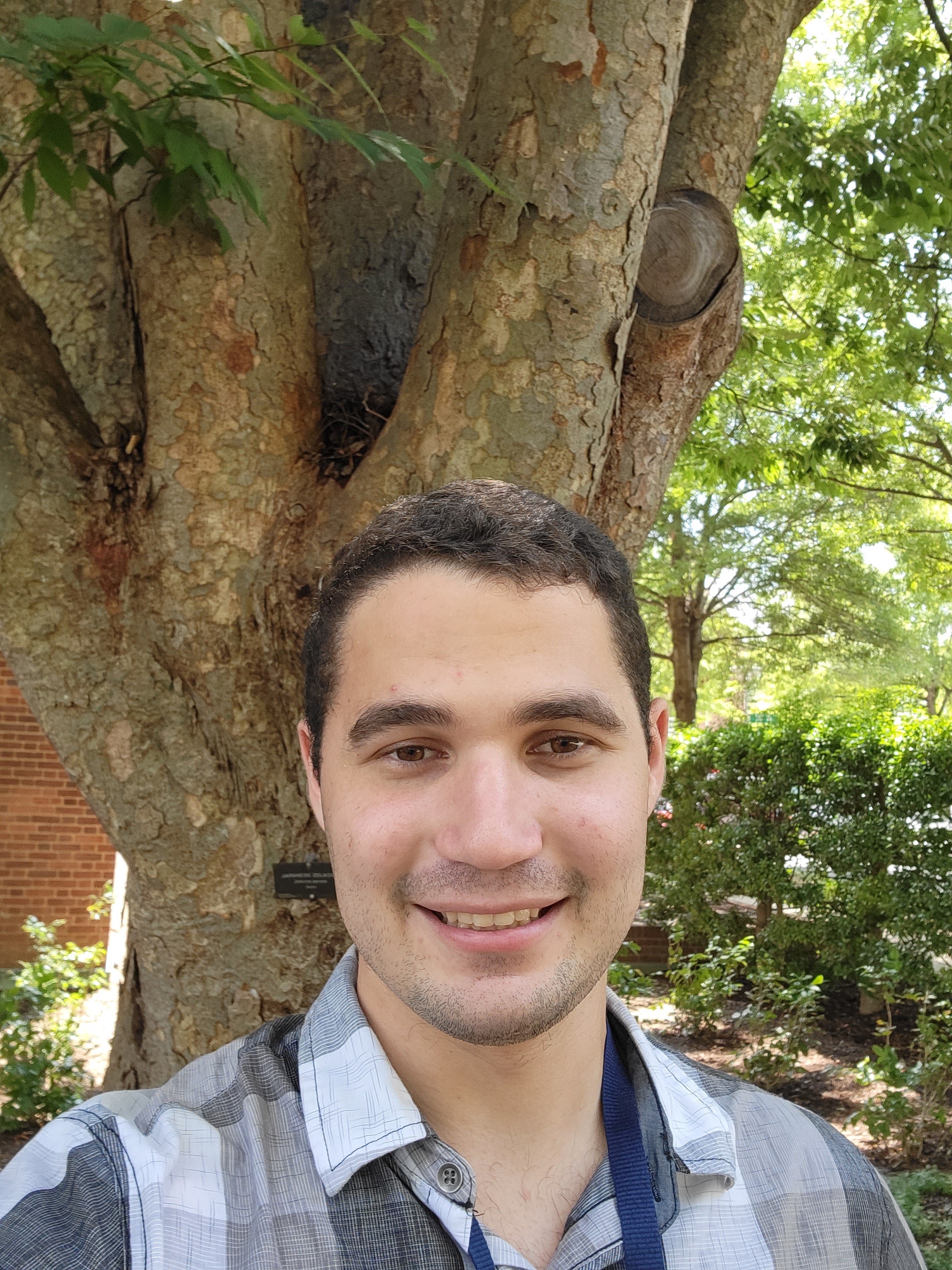The Immune Priming Unit is focused on understanding how previous infection and exposure to environmental antigens can reprogram the immune system to influence outcomes to subsequent insults and injury.
Helminths infections are widespread and affect over a billion people worldwide. These worms have co-evolved with their vertebrate host for hundreds of millions of years before recent regional efforts aimed at eradication. Some of these worms can migrate through different tissue sites, such as the lungs, to induce a Type 2 inflammatory and regulatory response. This response can persist even after worm clearance and may influence responses to subsequent immunological challenges.
Furthermore, humans are constantly exposed to various antigens and microbes in their immediate environment. These microbes can play important roles in shaping immune response and contributing to immune variation within a population. However, use of mice in specific pathogen free (SPF) facilities has not favored an understanding of the contribution of an individual environmental history in responses to subsequent insults.
Our unit is focused on understanding how helminth infection and exposure to environmental antigens can reprogram the immune system to influence outcomes to other insults. To answer this question, we use various murine models, infection models, environmental models, multicolor flow cytometry and other single cell approaches to dissect the contributions of reprogrammed innate cells to the development of host resistance and/or susceptibility to other insults.
Oyebola Oyesola, DVM, Ph.D.
NIH Independent Research Scholar
Education:
Ph.D. Immunology and Infectious Disease, Cornell University
M.Sc. Infection and Immunity, University of Leicester
DVM Doctor of Veterinary Medicine, University of Ibadan

Ameera Ayaz
Postbaccalaureate IRTA Fellow

Kelsey Bledsoe
Postbaccalaureate IRTA Fellow

Lucas Lopez
Postbaccalaureate IRTA Fellow


